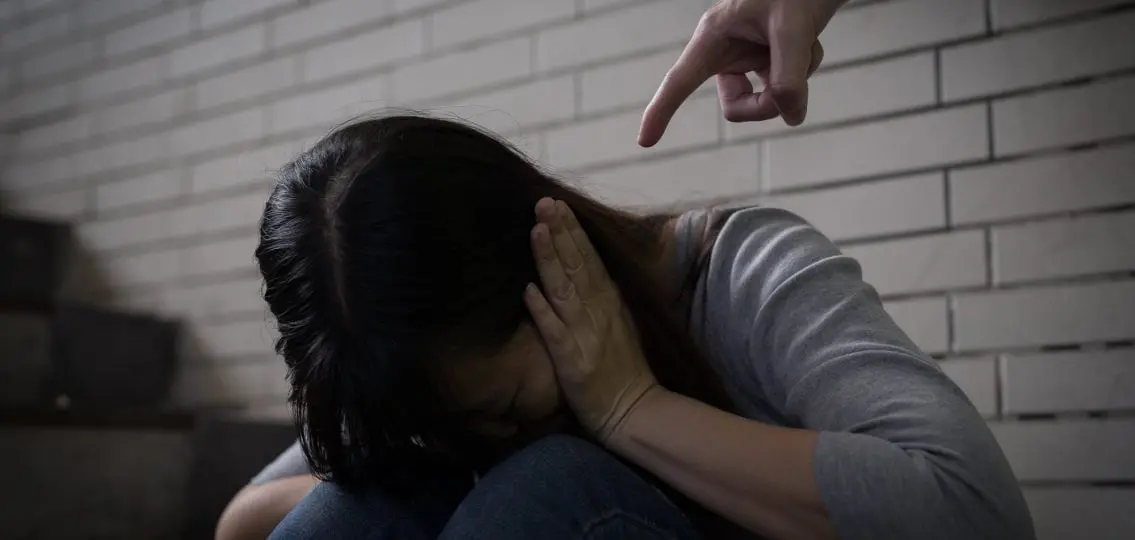We applaud the courage of domestic violence survivors who are willing and able to share their experiences in a public forum. It takes courage to disclose that you are a victim of domestic violence.
There are many factors that can make it difficult, if not impossible, for survivors of domestic violence to talk about the violence done to them. They include:
Fear of reprisal.
A survivor might believe—often with good reason—that her life, or that of her children, other family members or close friends, may be in danger if she talks about the violence.
Desire to protect loved ones.
No one enjoys seeing his family’s “dirty laundry” aired. A survivor may want to protect his family and friends from bad news, gossip and judgment by keeping quiet.
Guilt.
A survivor may assume all the blame for the abuse, and even after she takes the steps to leave an abusive relationship, may still feel that she is somehow at fault for “causing” the violence.
Being judged as weak or stupid.
Our society clearly judges women and men who are survivors of domestic violence. Even while we deplore the violence, we judge its victims, often harshly: “Why did he stay so long?” “Why did she go back after the first time?” “Why didn’t he fight back or get help?” We know that this judgment exists because we read them and say them every time a domestic violence case makes the news or gossip columns. Remember Rhianna and Chris?
Feeling lonely, inadequate, unsupported.
Too many survivors hear non-understanding and non-supportive responses when they share their experiences. Even well meaning comments like, “I knew he was bad news from the beginning” can be hurtful and triggering for a survivor.
For these reasons, counselors and advocates are very cautious when advising a survivor about the possible consequences of speaking out about the abuse.
Supporting An Abuse Survivor
So, when a survivor bravely discloses to you about the abuse, what can you say that will be supportive, sensitive and non-judgmental? If you are comfortable listening to the survivor, let him or her know that you’re willing to listen. But, please don’t offer to listen if you don’t think you can handle it. It’s more supportive to listen than talk. Remember, it’s not your job to fix things.
And when you do talk, refrain from statements that contain a “should.” As in, “You should…” or “I think you should…” Or even its sneaky cousin, “You ought to…” It’s more helpful to use supportive and empowering language, like “One of the things that might be helpful is…” or “There are several options you have for…”
And if you’re at a loss for words, remember that it’s never wrong to just say, “I’m so sorry.”




